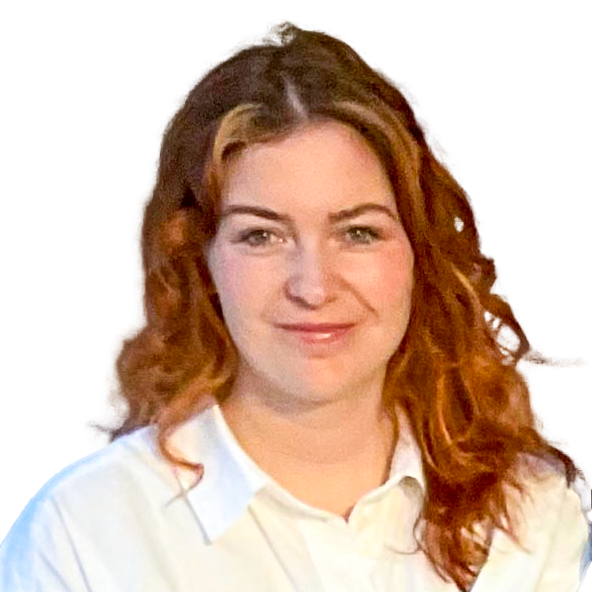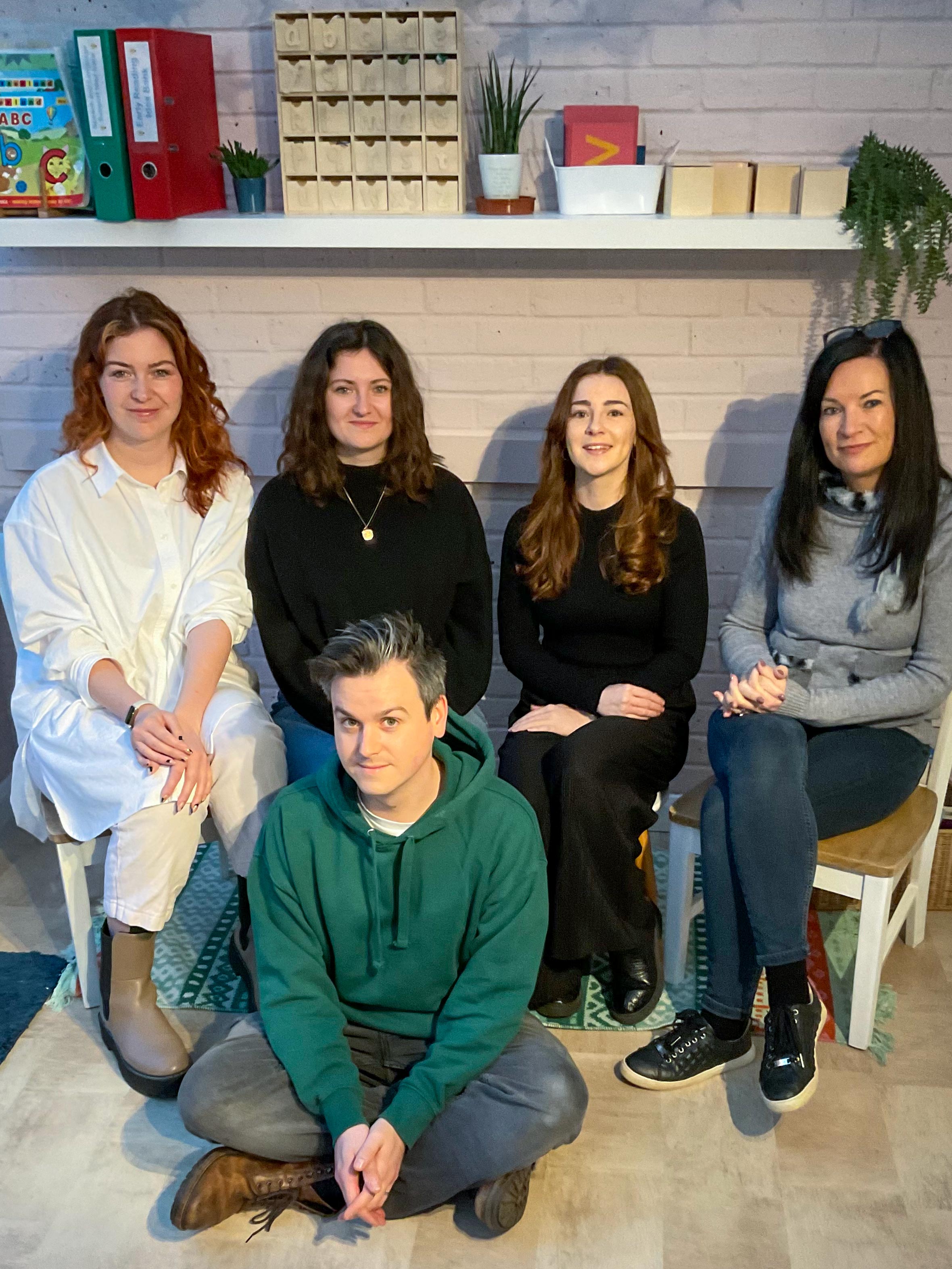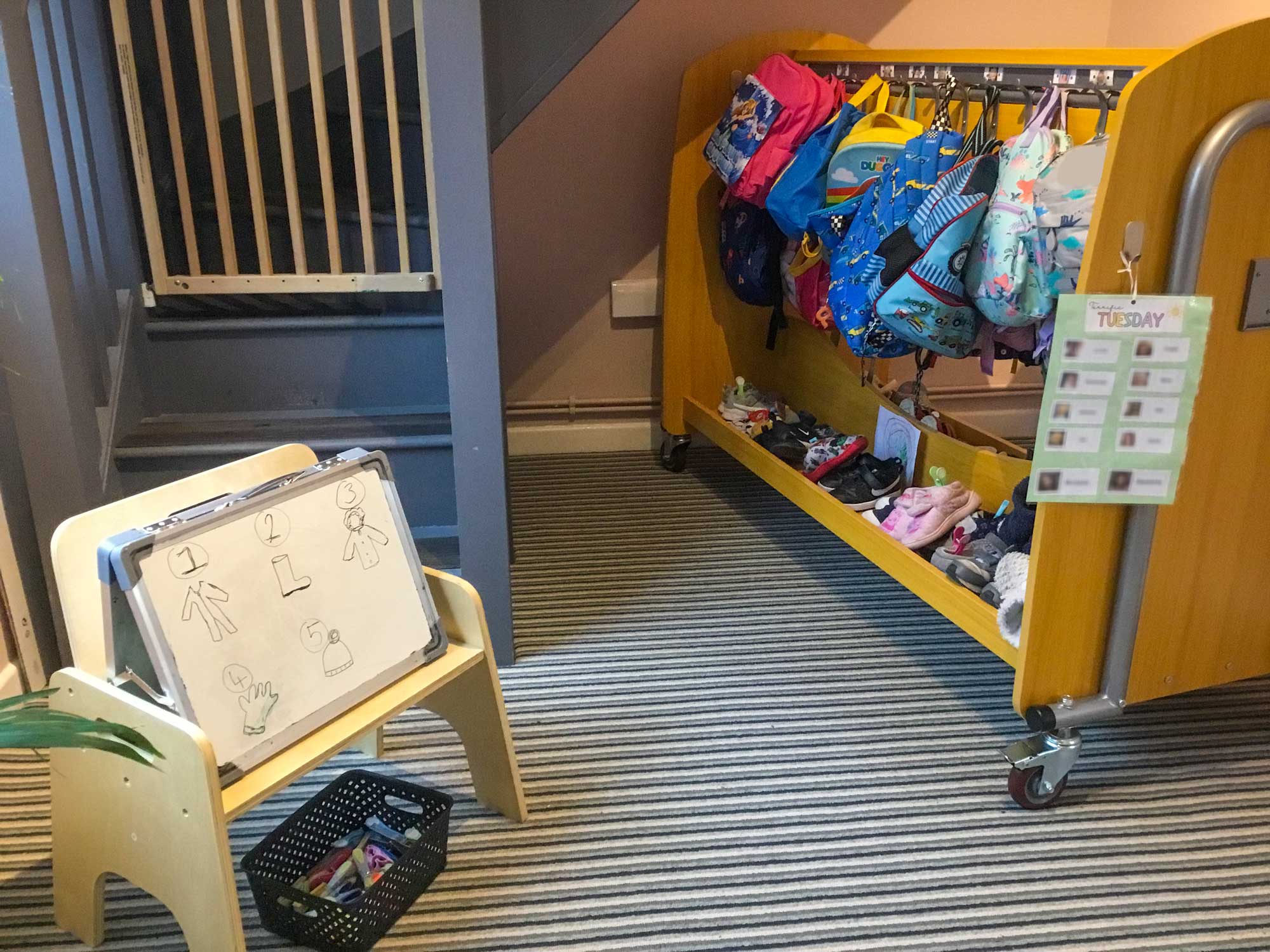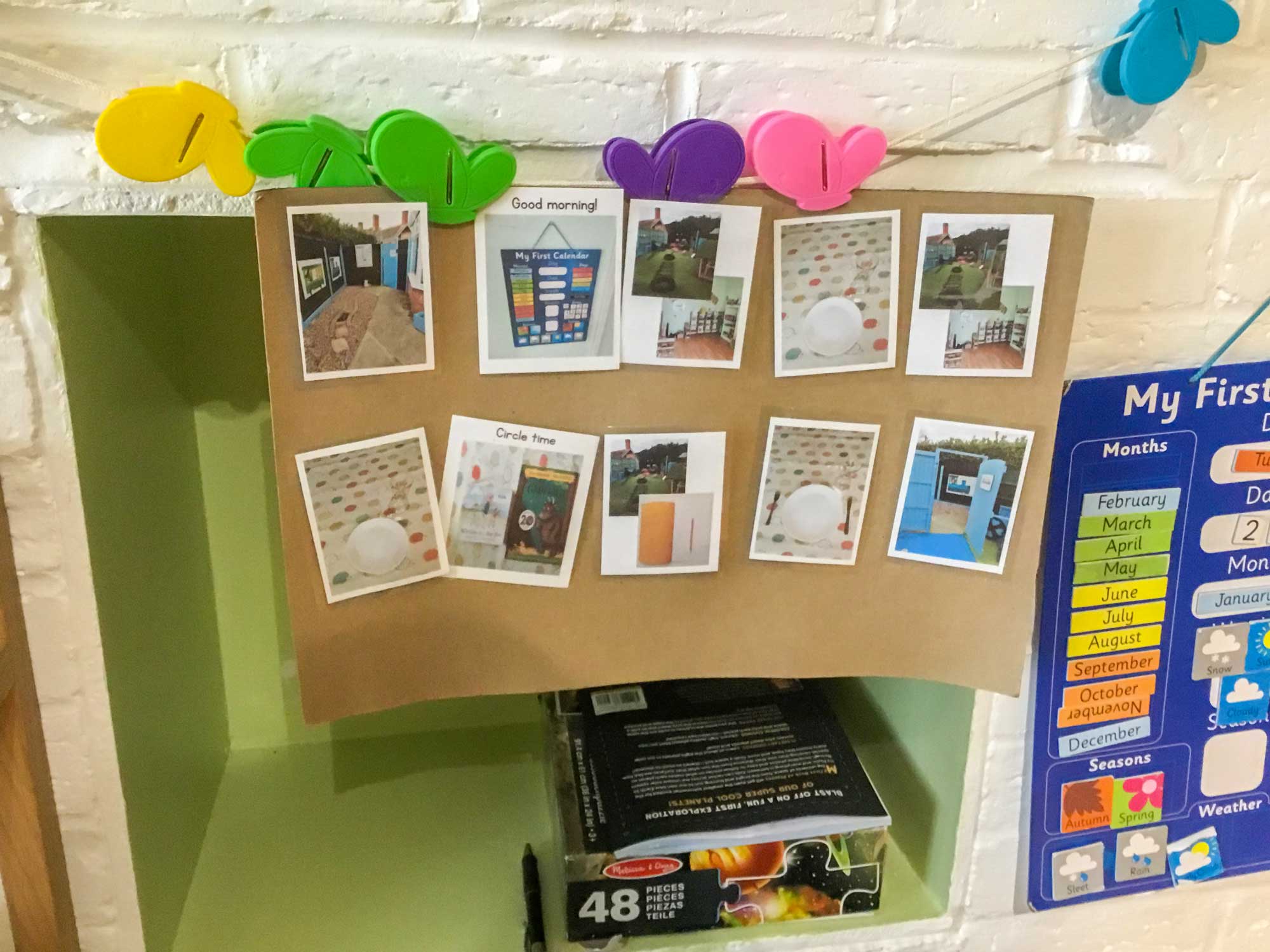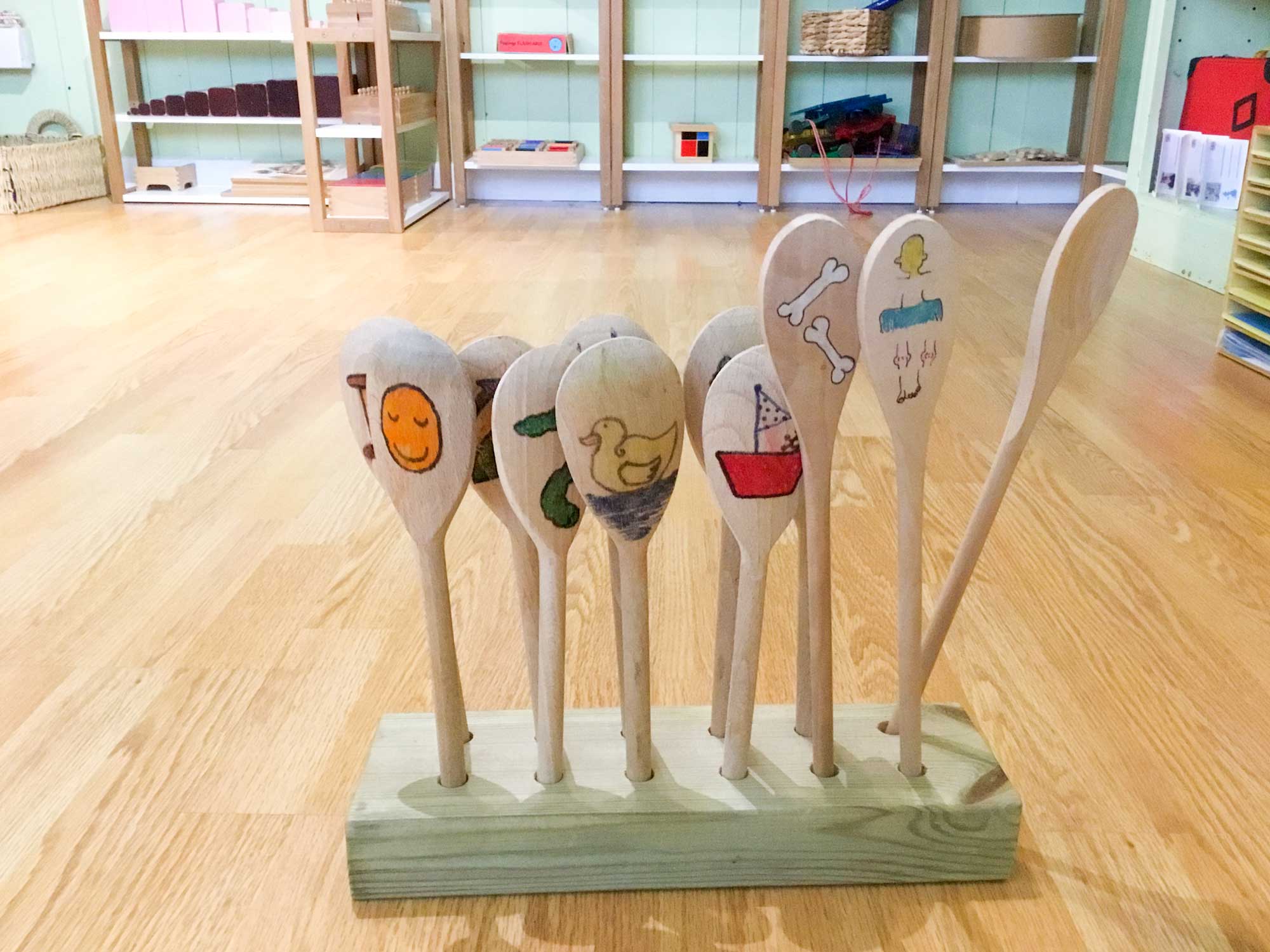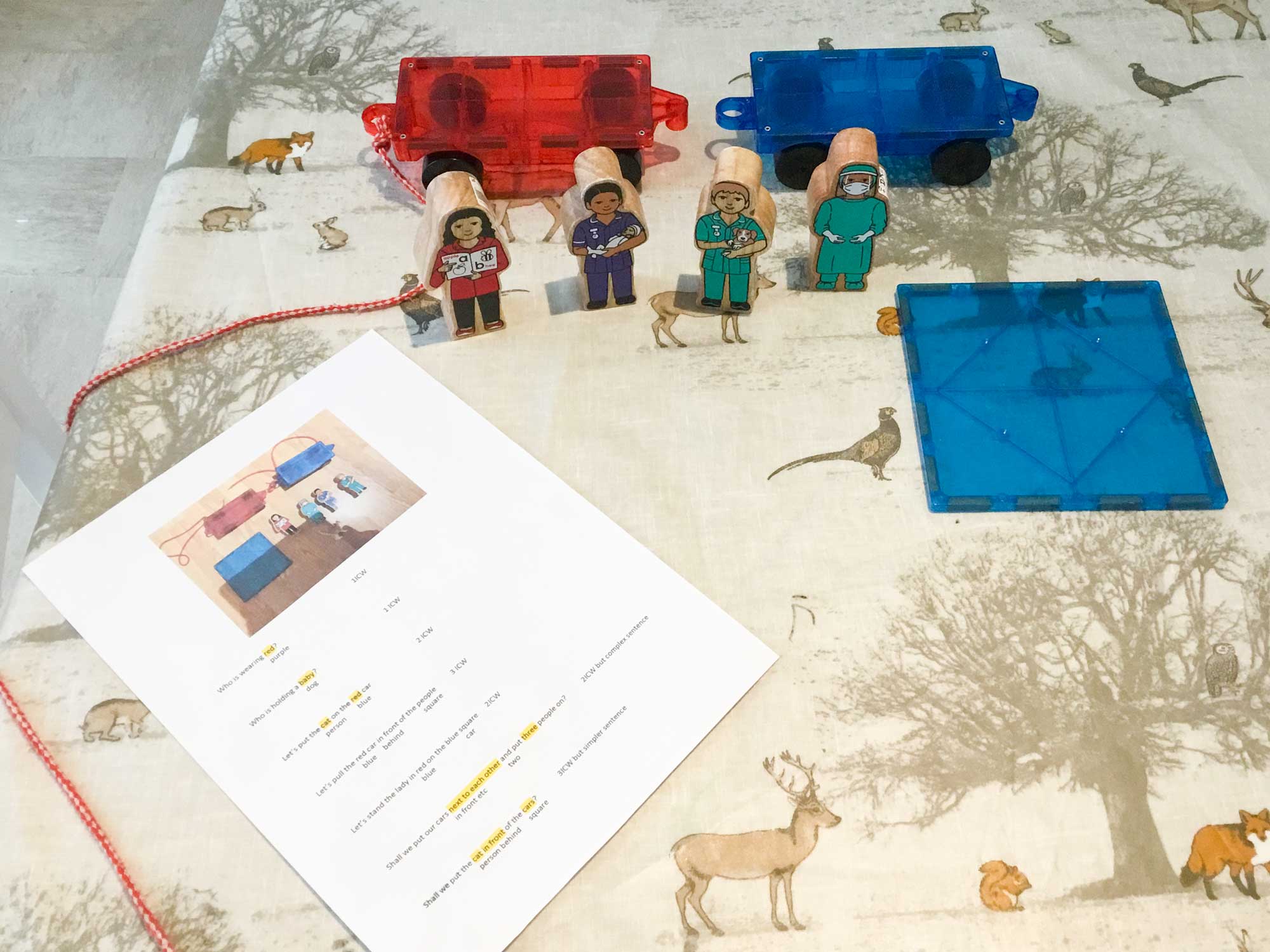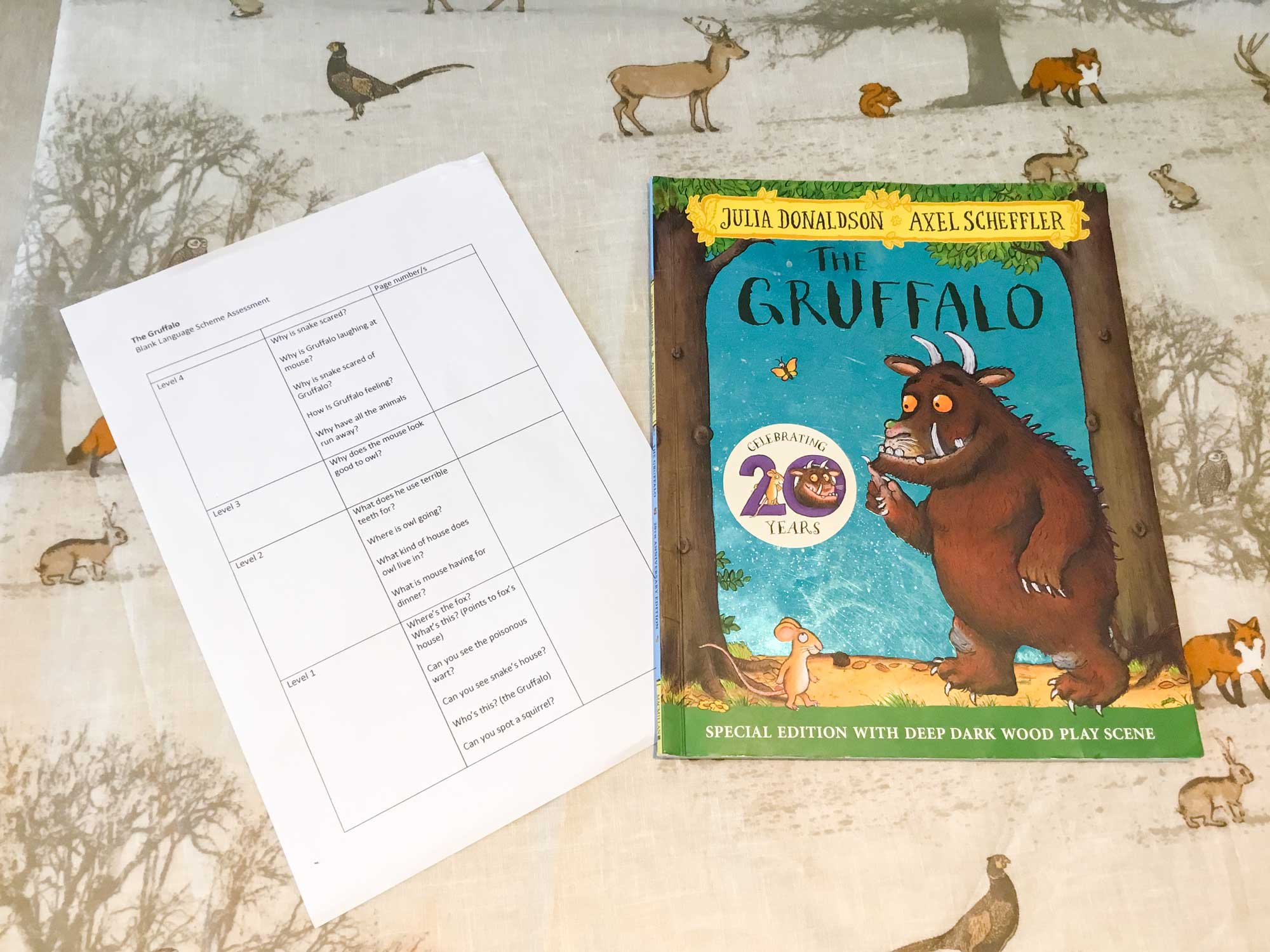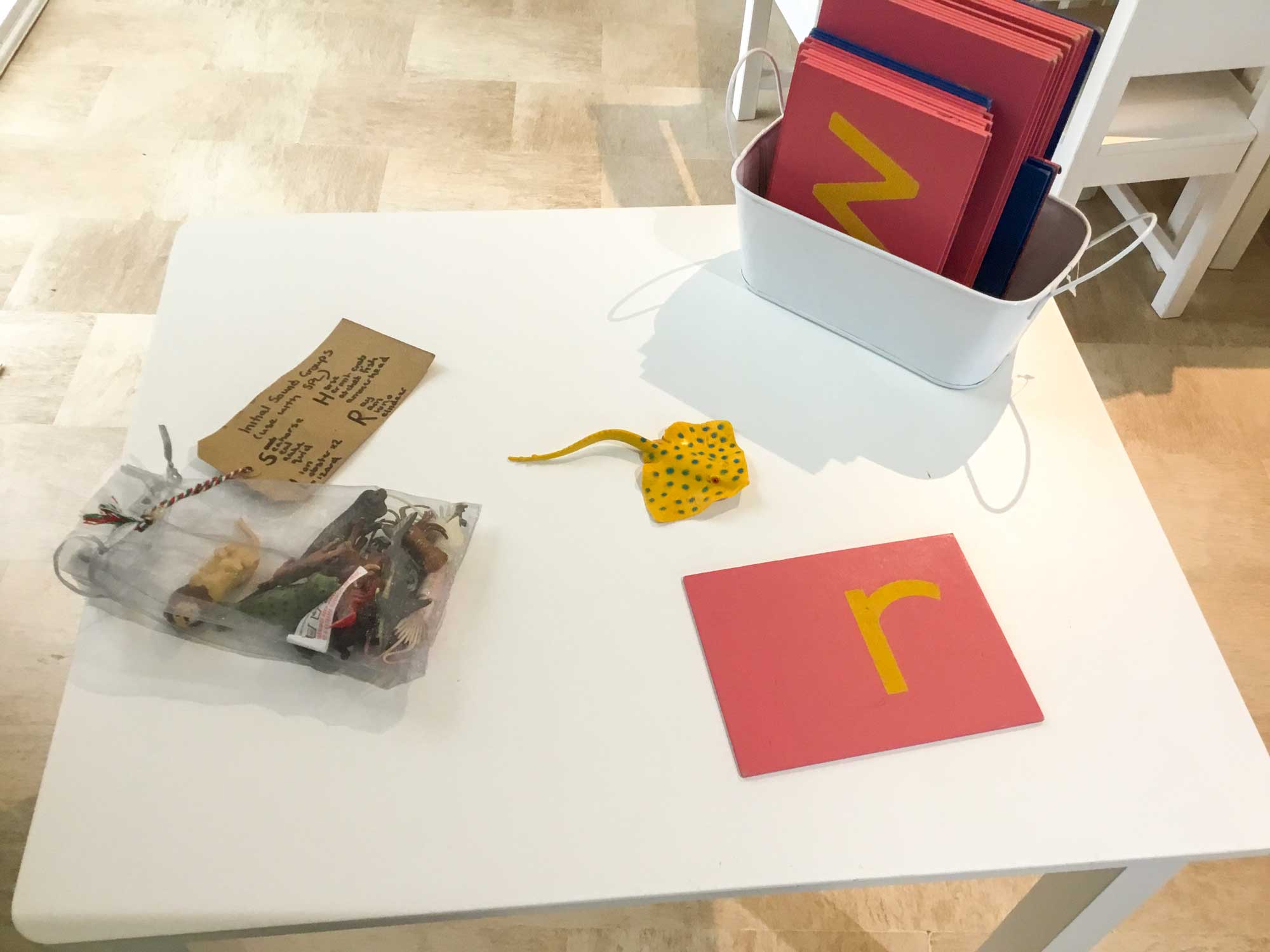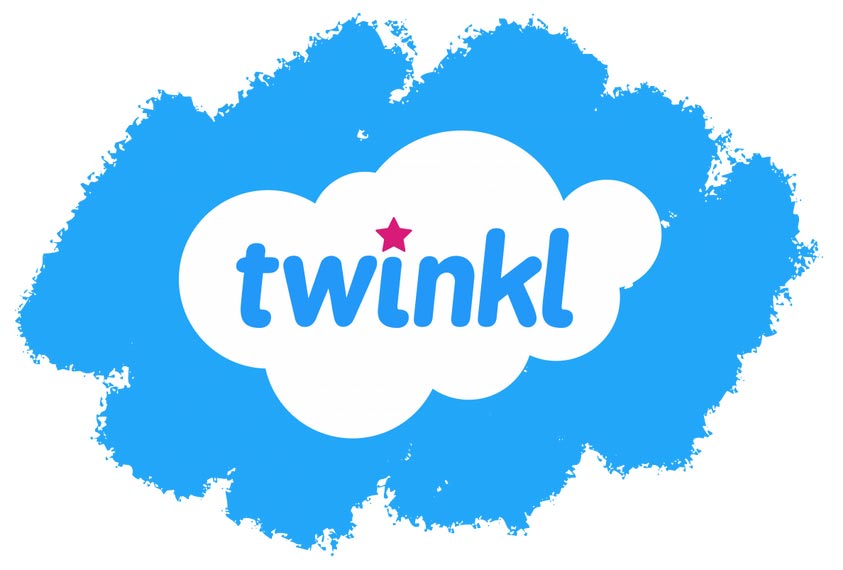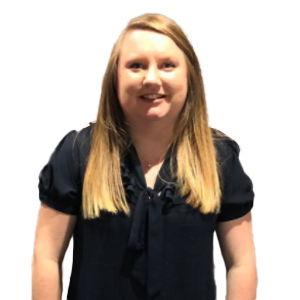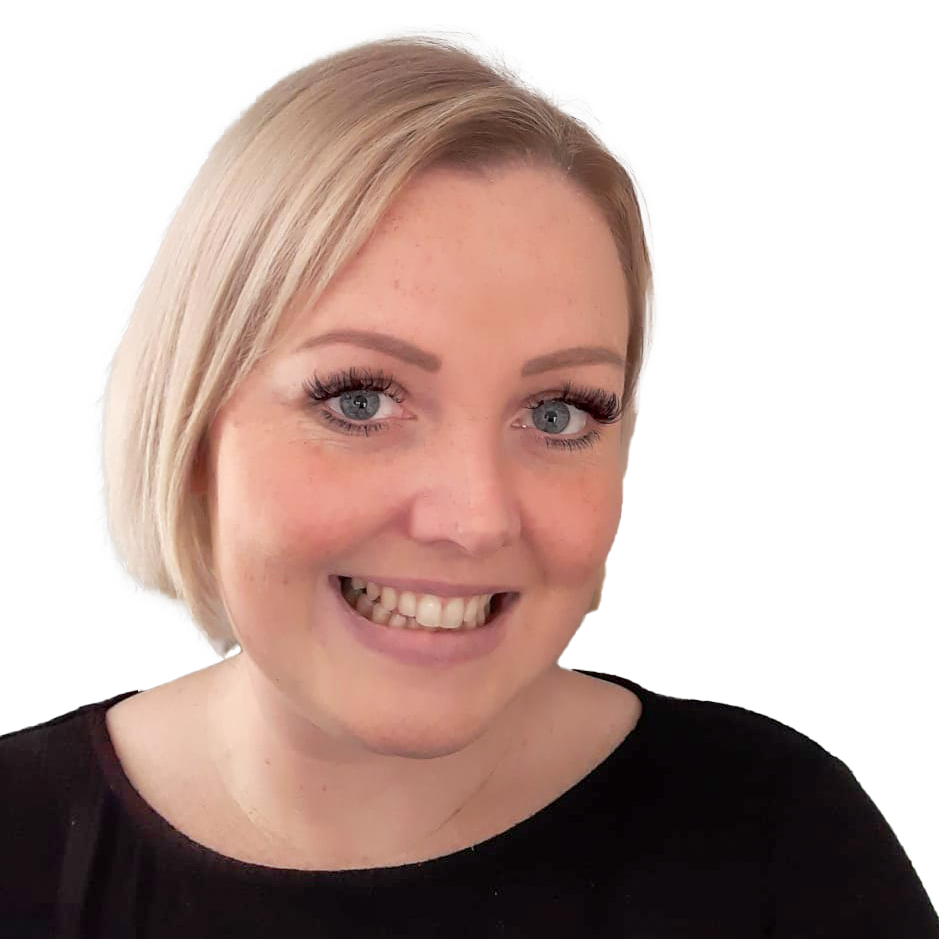A little background
At the Montessori in Frinton we have always prioritised teaching language and considered that the most impactful thing was to have space and quiet to communicate and an appropriate teacher ratio. But then in September 2020 many of our new starters had varying degrees of speech and language delay. This, along with the NHS waiting list for speech and language therapy being understandably long, led us to seek out a robust and strategic approach to addressing speech and language skills across the nursery.
Elklan has provided the strategy we needed
So, I think what Elklan has done for us is provided the strategy we were looking for that is beyond general good practice and a personalised approach.
Laying good foundations
I did the Elklan training in the summer term 2021 and cascaded that down to the team, not just the ideas but the Communication Chain and how to work through the chain linking strategy and ideas to this.
We really focused on listening and understanding in the summer term and then the other receptive aspects of the chain.
I think perhaps there is always a tendency to focus on what is coming out of the children's mouths but this isn’t enough because they need to be able to listen and attend first before anything else.
When the children come in, we use the Elklan materials to look at the child’s level of attention. The key person will then put strategies in place to support the child and give the parent one or two things to work on at home.
In September we made visual cue cards for our children, which we also sent home to support their development of attention. This then opened the door to everything else and led to us looking at the children’s understanding of information.
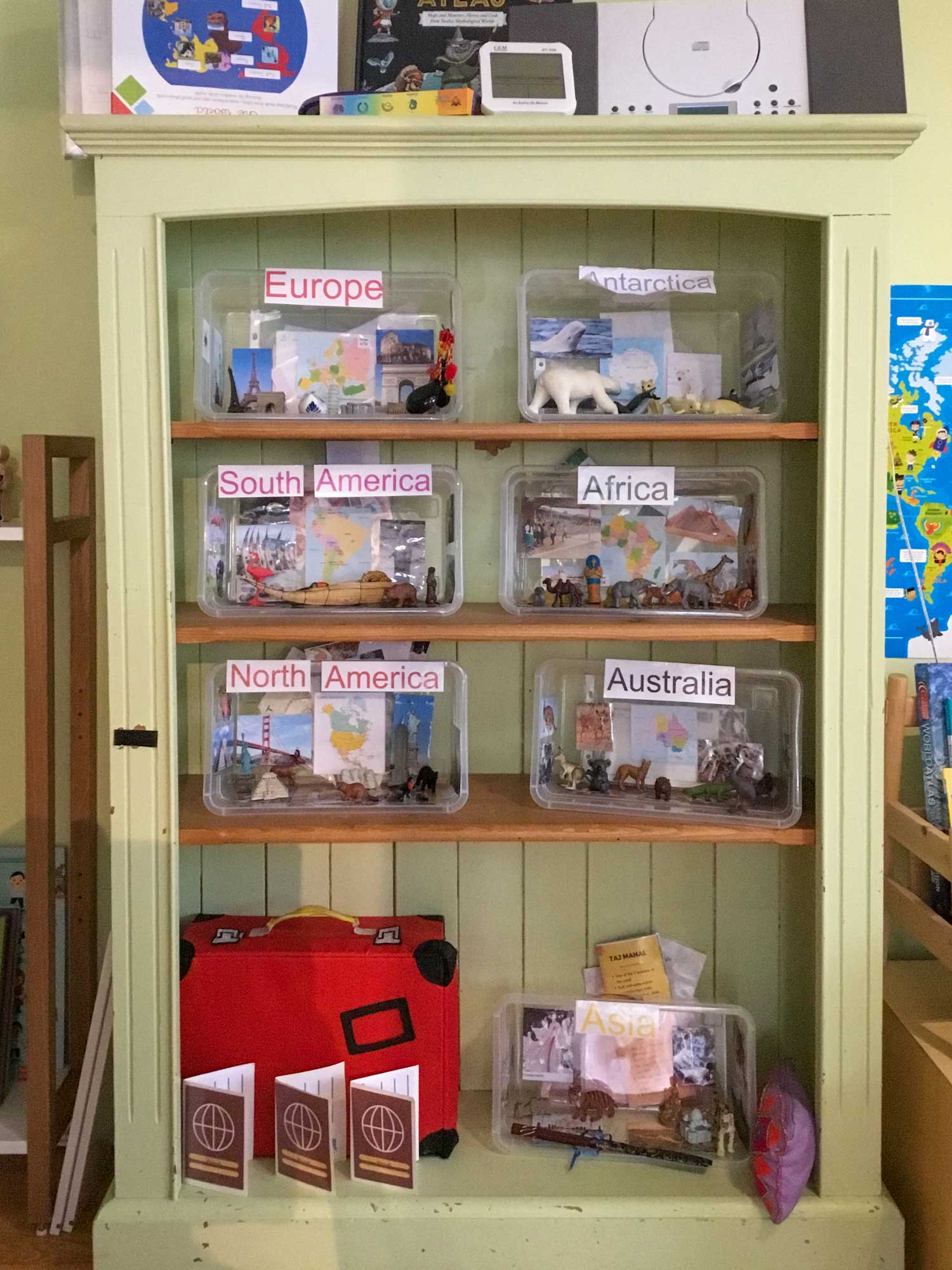
Every Early Years Practitioner each made a game, so we had six different games which related to areas the children were interested in. We then made-up different information carrying word assessments with these resources. All the staff played these a couple of times with the children to assess their understanding.
From this we found that some children didn't understand as much we thought they did, and others were better than we expected.
We have also had much more of a focus on looking at books using the Blank Language Scheme and therefore helping to develop children’s understanding. Since the training we have also been trying to watch each other always do circle time, story time, and think about how valid, accessible, challenging and appropriate our questions are when we're reading with the children. We then give each other feedback.
The Elklan course has also helped so much in terms of understanding quickly where children are developmentally.
Linking with parents
We found this really powerful as it also helped us in speaking with parents who were having trouble with their children at home. We were able to quickly say to parents the sentences that their child can understand and those they find more difficult, and this has gone down really, really well with the parents.
Linking with OFSTED
When OFSTED came in last term (Autumn 2021) the inspector was really blown away and commented on how incredibly articulate the children were. We were keen to impress on her that the assumption should not be made that the children don’t have needs because we are in a middle-class area but the observations made were because of the training that has been completed and implemented.
The inspector commented that each member of staff in the setting had spoken with her about Elklan training and what they had received from completing this. She said that she could see that the level of practice was incredibly high and consistent because we've all done the same training.
She also commented that the staff weren’t saying that children with speech and language delays, should be taken off into a separate room for interventions but rather EYPs could name the strategy they were consistently using and this was having a profound impact.
EYPs were able to articulate how they spoke to the child and how they supported this with visuals which has resulted in the children being really, really focused on what they are doing. So instead of children being taken into rooms doing separate activities which nobody understands they are implementing effective strategies all day every day.
The inspector also noted the consistency of practice, everybody was implementing the same strategies. She also commented that and it wasn’t just that staff knew the names of strategies but they were all bursting to show her their information carrying word and assessment folder so she could see the impact on specific children.
In the setting there is a child who is in receipt of pupil premium who has really limited speech and language. During the inspectors visit she went and spoke to the inspector, telling her confidently about her family. The inspector seemed really impressed and the EYP was able to articulate what exactly she had been done to support that child both in the setting and through speaking with her mum.
It’s been a long time since I have done anything that's had as much impact as the Elklan training. It's just so useful, we all absolutely love it. It's fantastic.
What happens next
For us this is just the starting point. The next step for us is to work on lots of other phonemic awareness strategies and get back to the beginning of communication and support that as that’s where it begins and then you can work out what to do next.
And that's what I said to Ofsted, the best word I can use to describe Elklan is strategic. Developing children’s speech and language is not just about being a good practitioner, that’s not a strategic approach but Elklan is!
